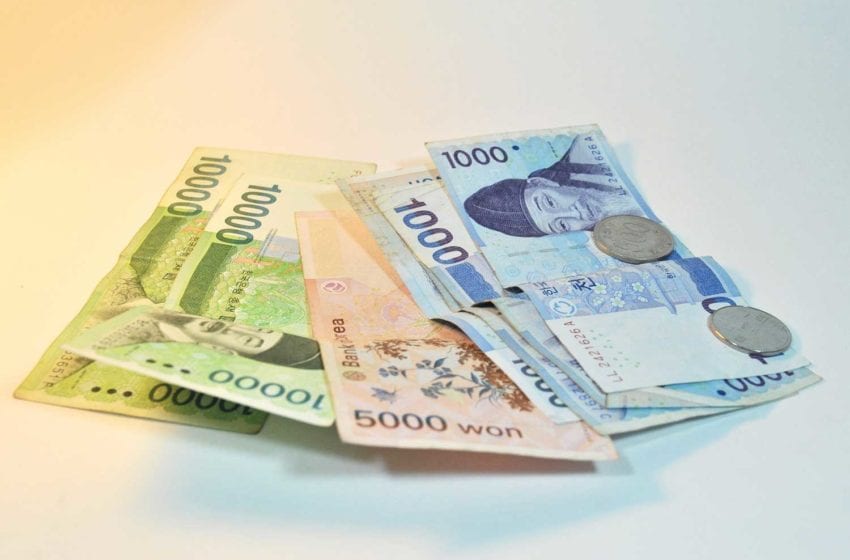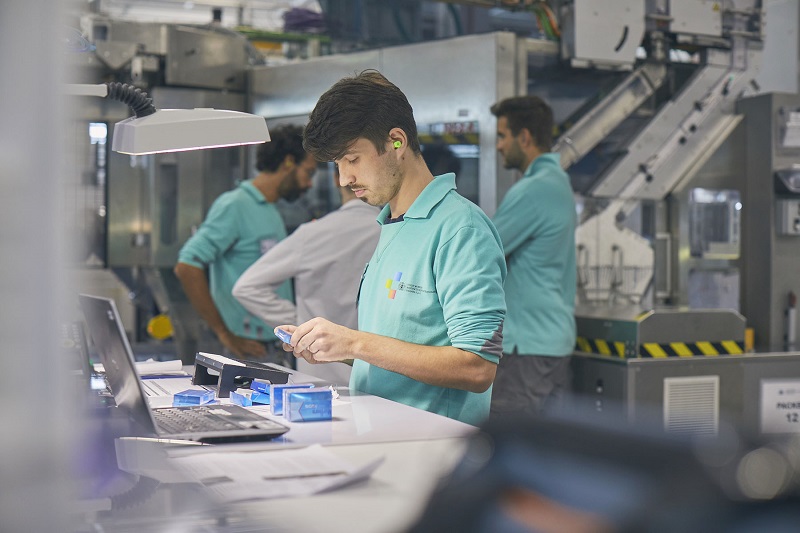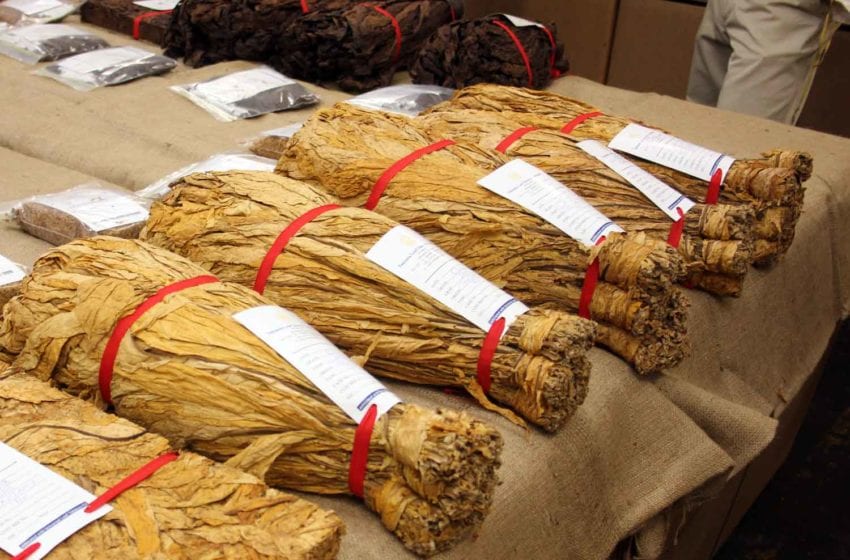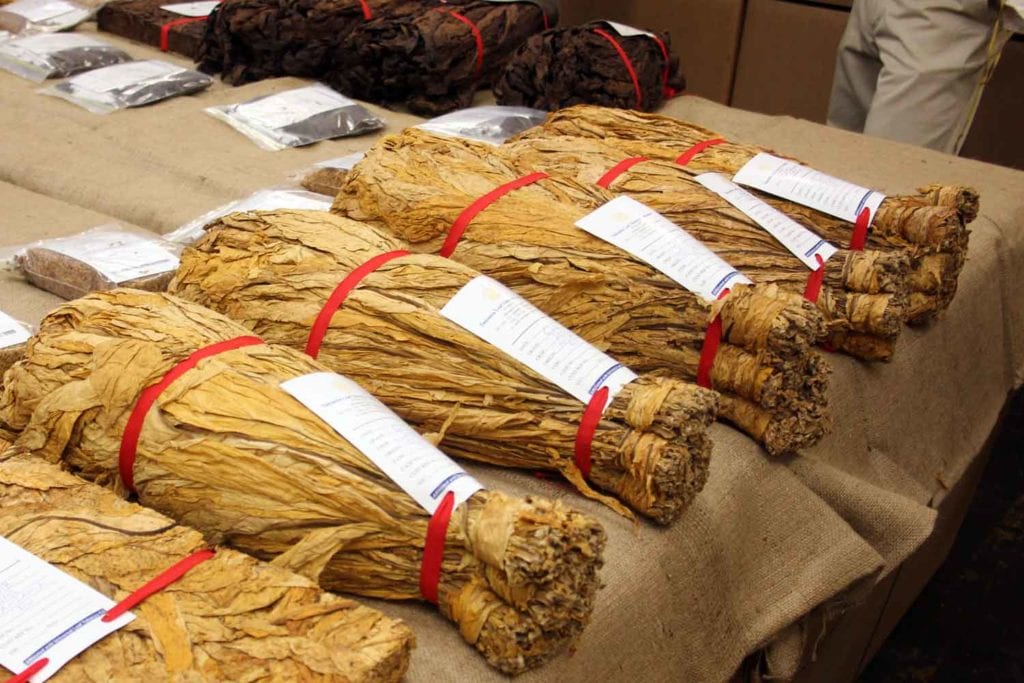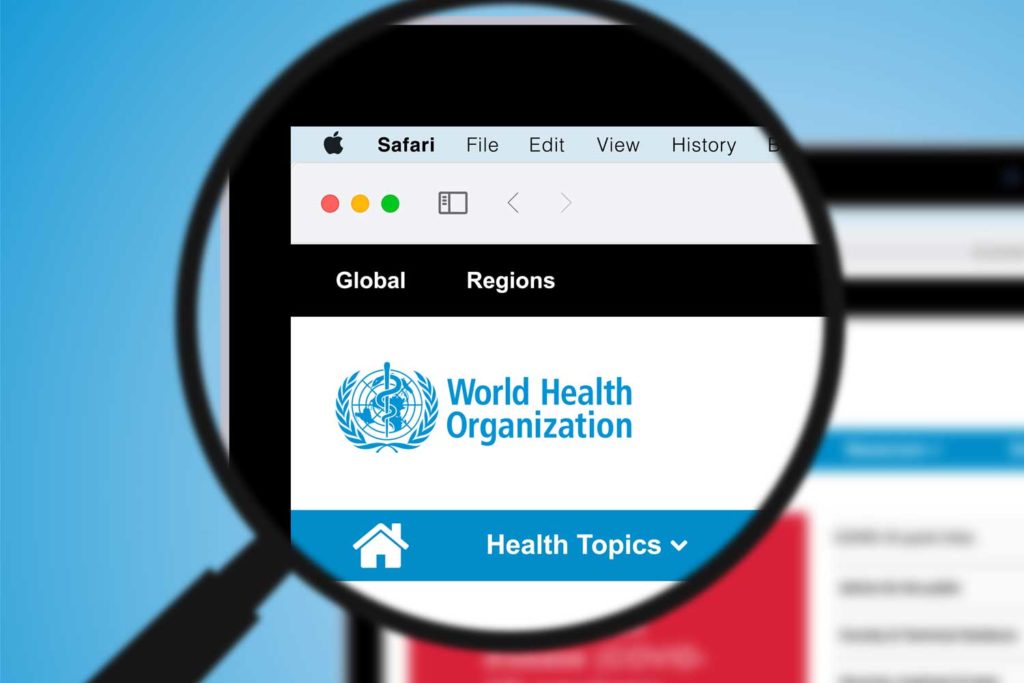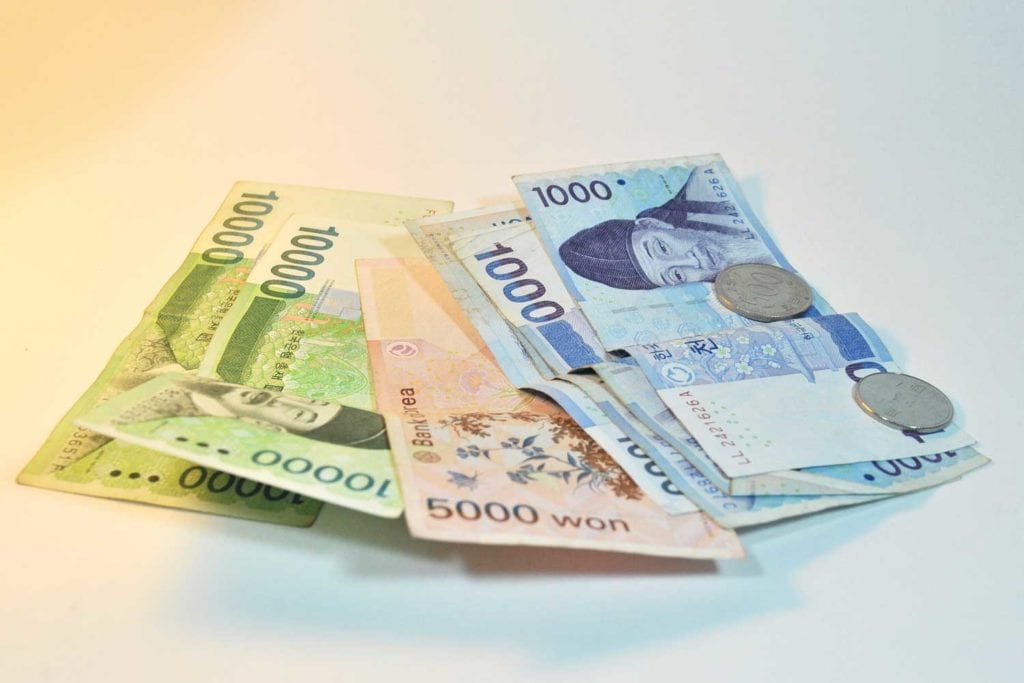
KT&G Corp. posted consolidated revenue of KRW1.34 trillion ($1.03 billion) and operating profit of KRW242.9 billion for the second quarter ended June 30, 2023, according to PR Newswire.
Sales of both combustible cigarettes and heat-not-burn (HnB) products were higher than in the comparison period.
HnB volumes jumped 43.5 percent to 3.63 billion sticks, driven primarily by the rapid global expansion of KT&G’s Lil brand. For the second quarter, KT&G’s overseas heat-not-burn category recorded sales volume of 2.21 billion sticks, a 72.7 percent growth year-over-year.
The company’s overseas combustibles revenue, including both overseas subsidiaries and exports, was KRW265.5 billion. The export revenue increased 5.9 percent year-over-year to KRW152.9 billion, mainly due to the favorable pricing in key markets, including Latin America and the Middle East. The favorable pricing has also increased the profitability of the combustibles exports, as the export operating profit grew 42.6 percent year-over-year. The overseas combustibles sales volume grew 2.6 percent year-over-year to 13.17 billion sticks.
KT&G also shared its plans on share repurchase and cancellation and interim dividend. As part of its three-year shareholder return policy, KT&G plans to acquire 3.47 million of its own shares (KRW0.3 trillion), representing 2.5 percent of its outstanding shares, within three months for cancellation. KT&G will be cancelling its own shares for the first time in 14 years.
In addition, the company declared its first-ever interim cash dividend of KRW1,200 per share. The interim dividend is scheduled to be paid out by Aug. 23. Including the interim dividend, the total dividend per share is expected to increase by at least KRW200 per share compared to last year’s KRW5,000.

